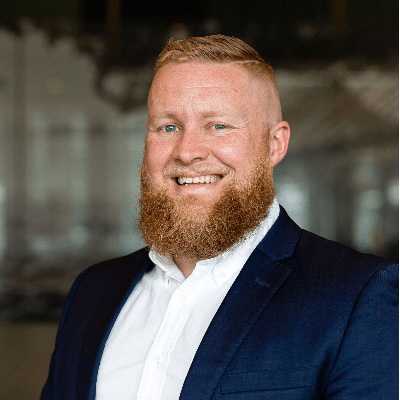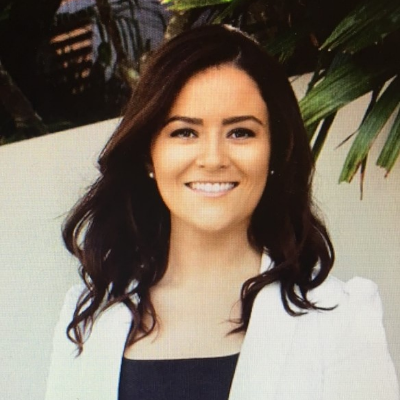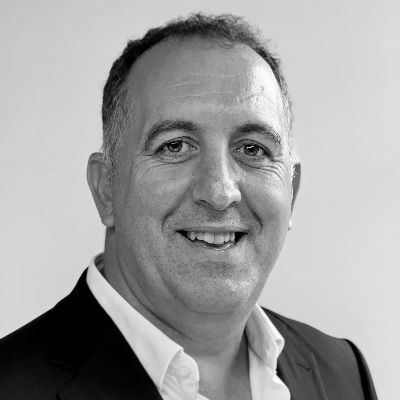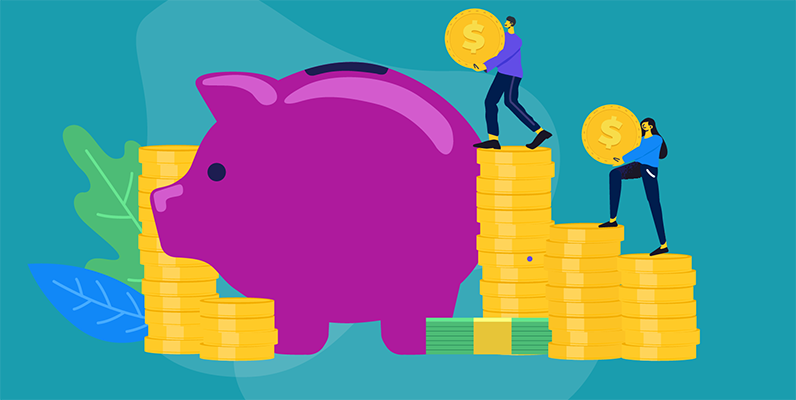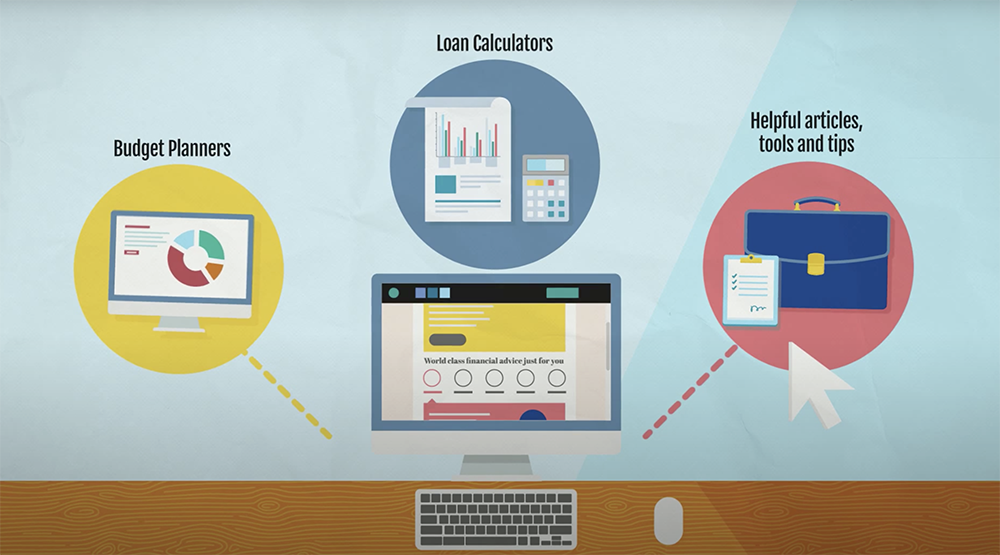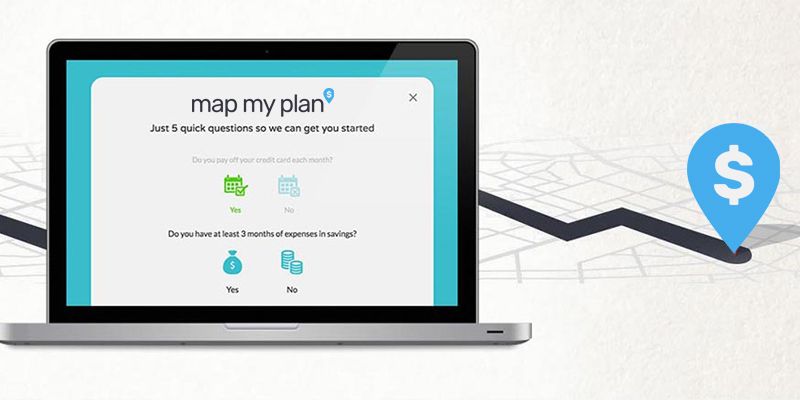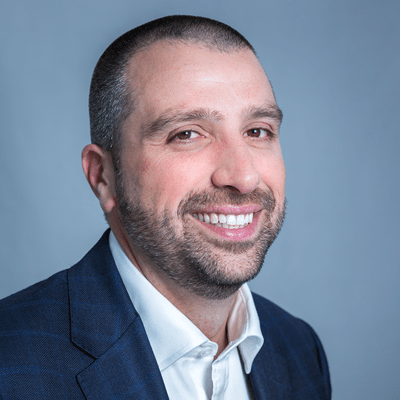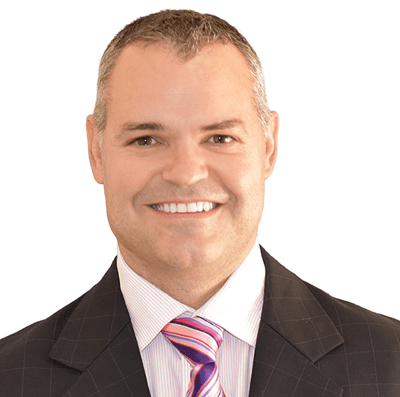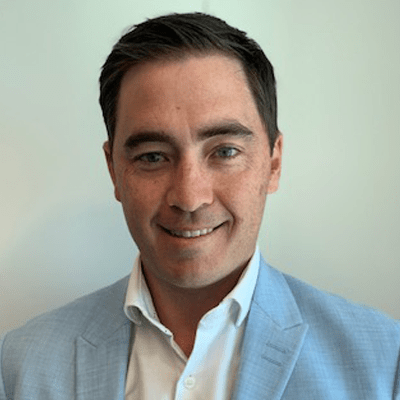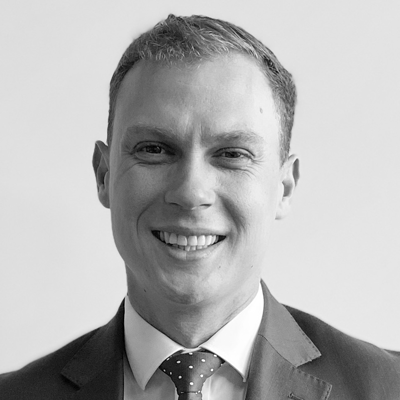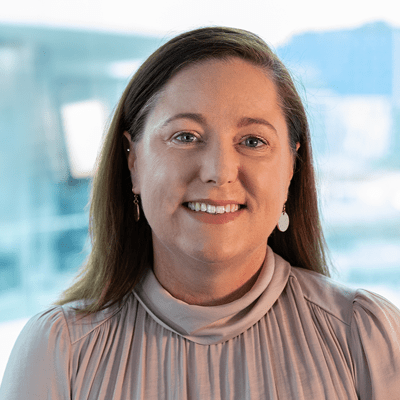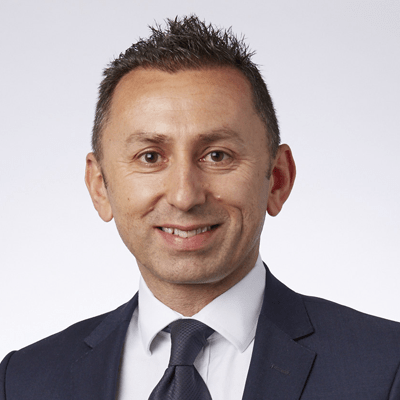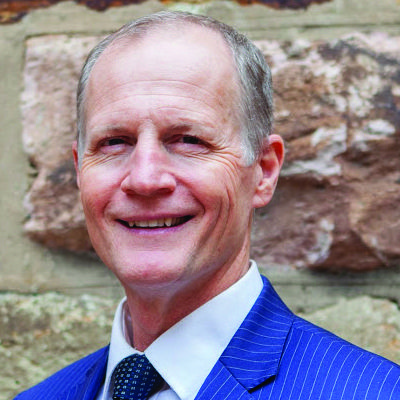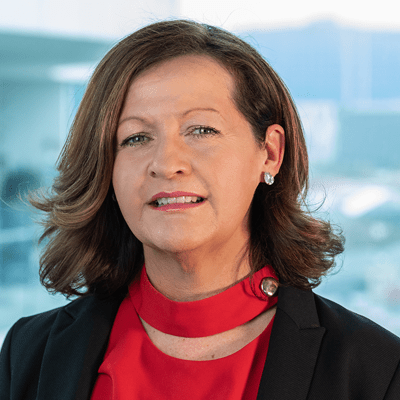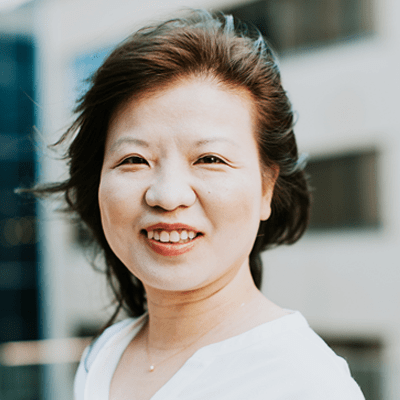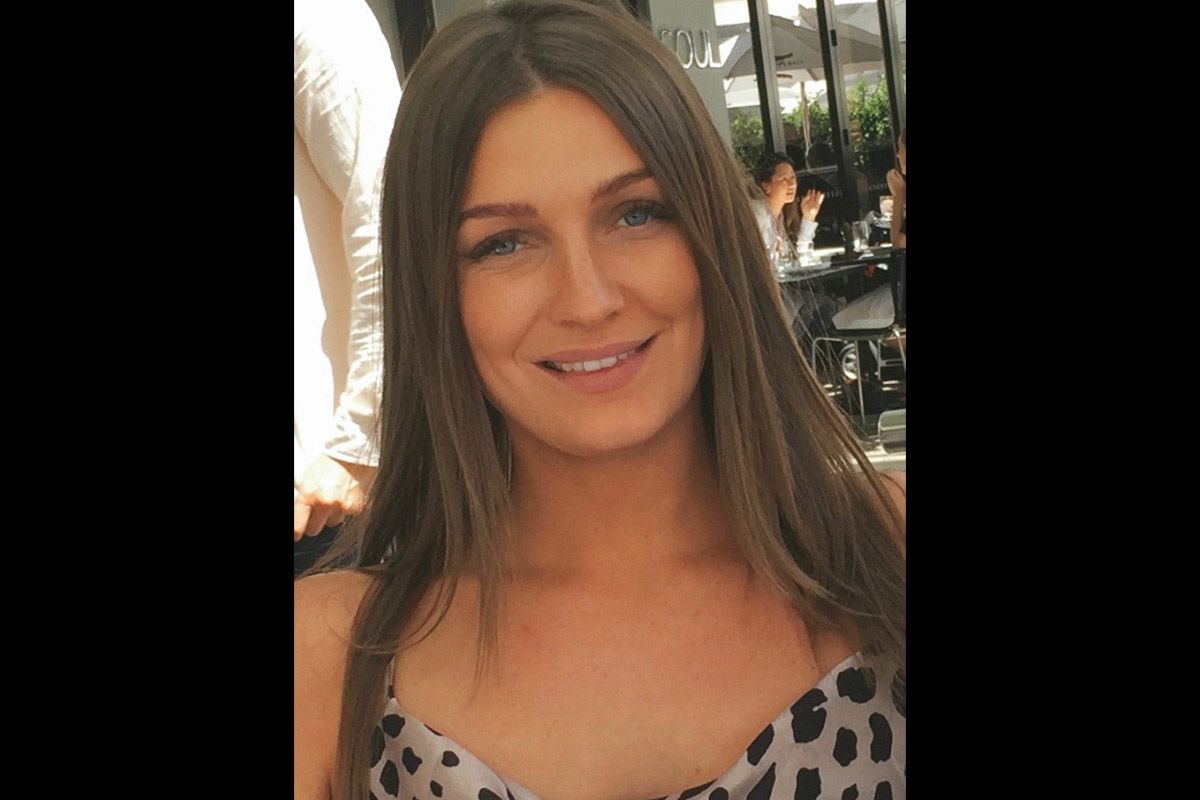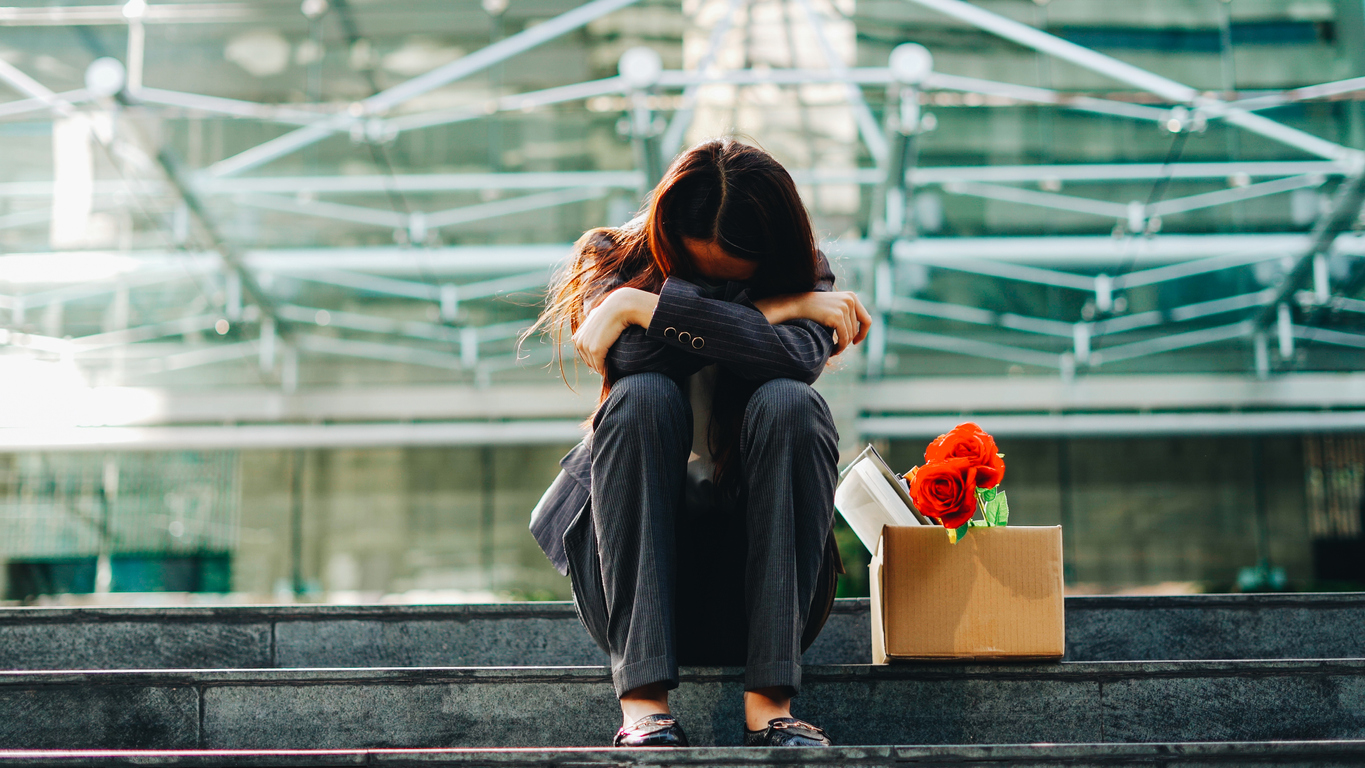
My life on Centrelink – and the six money lessons I learned
I have been on JobSeeker payments since March, when my new job fell through thanks to the COVID-19 pandemic. Since then, I’ve been unemployed for three months and counting for the first time in my 10-year professional career.
I’ve been relying on $1,260-a-fortnight JobSeeker payments to live. It has been a significant adjustment.
I didn’t even think about applying to Centrelink when I first became unemployed. I moved back to my parents in Perth and after a couple of weeks of applying for jobs and relying on my dismal savings, it was my older sister who asked if I had applied for welfare yet.
It hadn’t even occurred to me that I could or should. There was a sense of pride I had always being able to earn my own money and always being able to get a job.
I eventually bit the bullet and did a quick 2-minute application online through MyGov and waited for the call from Centrelink which came within a couple of weeks. I was set up straight away and payments started coming in, giving me peace of mind while I applied for jobs.
Changing jobs at the start of 2020 was a bad move in hindsight because it got me into this situation. After momentarily kicking myself and being consumed with regret for making a career change just as a pandemic was unfolding, I had to cut myself some slack that if the pandemic hadn’t unfolded, I wouldn’t have been in this situation.
I was applying for jobs and getting interviews – which were promising. But I got lots of rejections and responses about budget cuts. Even freelancing commissions were being cut. Every week in the news it seemed like another company was cutting more jobs.
Suddenly, it was a market for employers to recruit the cream of the crop of highly qualified people who had recently been let go and it got really competitive.
When I finished my university degree in 2008 in the midst of the global financial crisis, I still had my casual bookseller job to tied me over. The only other time I had a gap in employment was when I relocated overseas – and even then, I got a job almost straight away in a foreign country .
I blindly thought this would be easy. But I was wrong.
It has been painstaking. After relentlessly trying to claw my way back to employed status, I finally realised this was going to get worse before it got better.
It did. The Premier of Western Australia suddenly announced on a Sunday afternoon in March that borders into WA would be strictly closed as of midnight Tuesday.
Packing up and going home seemed like the right thing to do at the time as I was looking down at a barrel of unemployment and isolation on my own in a big city preparing for lockdown.
But it was bruising. I had no savings, no job, no income, no identity as an editor or professional worker anymore, no home to call my own, and no financial independence. I was living off my parent’s food, money and home again – and trust me, that novelty wears off pretty quickly.
I started to read articles and listen to podcasts that would help me sort through these new feelings of anxiety and uncertainty. I got into a habit of morning meditation and Zoom yoga sessions while revisiting my financial woes in between applying for new jobs.
I resisted the habit of online shopping because I just couldn’t afford to anymore. I started to work on side projects such as unpaid blog writing. I hung out with my four-year-old nephew, drawing with colourful crayons in the sun on a Tuesday afternoon, and baked cookies on a Monday morning to have a cuppa with Mum and Dad in between intermittent chats with friends over FaceTime.
All this was nice. But after a few weeks, I became restless. I needed my independence again.
I managed to get a few interviews over Zoom for Sydney jobs because that’s where the work was. Maybe it was all the meditation and daytime rest in the Perth sun and the quality time with family – I was starting to feel confident that something was going to come up in Sydney soon and I could get my life back.
I made a decision full of faith and hope – and risk – and booked a flight back to Sydney.
This was in May after almost two months back home in Perth. The borders into WA will open soon, I thought. I can come back if I need to.
I was incorrect. In hindsight, I wish I had stayed.
It’s now July and the borders into WA are still closed, with no intention to open anytime soon after the new outbreak of cases in Victoria and now NSW.
I am still unemployed. While I was getting interviews, none turned into a job – except for one which lasted only a week as I was let go on the Friday morning of my first week. My self-esteem was rock bottom.
I have learned some really important lessons this year. Beyond resilience, patience, persistence, surrender and gratitude – the real lessons I gained over the past few months is the real importance of having savings, having a budget and sticking to it, and using an opportunity like this to plan.
It’s amazing to realise what we are capable of and how adaptable we can be if we put ourselves in a new situation.
I learned to cook more and be frugal with my groceries – buying only the staples that I needed and drinking the coffee and tea I already had in the house rather than daily barista-made coffee.
I also valued the little moments during the day when I could chat to Mum, call a friend or sit in the sun in the backyard. I realised how nice it was to go for a walk or jog in the park instead of grinding away at the gym.
It also taught me the importance of money again.
I will never be ungrateful for my pay ever again, or complain that there just wasn’t enough, and I’ll make sure to save a percentage of that income every single time that pay comes in.
Six financial lessons learned while on JobSeeker
When your finances are cut, you really learn the true value of money again.
- Have savings. I didn’t have much of a buffer when COVID-19 hit. I found myself out of work which meant I couldn’t pay rent and I found myself packing up my things and moving back home with my parents at 33. How I wish I had a financial buffer set aside for times like these. My father always told me to save for a rainy day, but I never really believed that rainy day would come. It did.
- Have (and stick to) a budget. When I was working full time, after paying my expenses such as rent and bills, I spent the rest on myself – eating out, coffees, brunch, clothes, shoes, holidays… I wish I had put a portion away in savings instead. Since being on JobSeeker payments, I have been putting just $50 away when each payment comes through simply to get back in the habit of paying my future self first.
- Cut back where you can. I’ve cut back on unnecessary groceries like pre-prepared meals and packaged foods, and I’ve reduced how much I buy lunches and coffees out. Knowing you can buy a bag of ground coffee or a big box of tea for the same price as one barista-made coffee, I now have a coffee out only as a treat. I buy fresh fruit and veg that’s in season (and thus cheaper) and simple grocery staples to make meals at home that save me money in the long run. Instead of paying a gym membership, I use my yoga mat at home and tune into YouTube videos or go for a walk or jog when I can. I’m getting a lot more fresh air and eating healthier while saving money, and that feels good.
- Now is the time to start planning. Don’t waste the time. Make plans to get good with your finances by creating a new budget, do the work behind your new business plan, or start skilling up to make you more employable. Don’t sit by waiting for things to happen. Actions speak louder than words! Make it happen.
- Be patient and persistent. Nothing comes easily and quickly without putting the work in. So have a plan, stick to it, and rinse and repeat every day. Micro-steps in the right direction will get you there eventually. You’ll find a new job if you apply for them every day. You’ll save money if you put a little bit away every day. Financial freedom will come if you start planning and putting practices in place now. If you do a little bit each day, you’ll look back and see you made it happen by chipping away one step at a time.
- Everything is temporary and this too shall pass. Nothing lasts forever. So, while this situation is a new zone to adjust to, which can feel uncomfortable, know that it won’t be like this forever. New and exciting change is on the horizon, in time.


